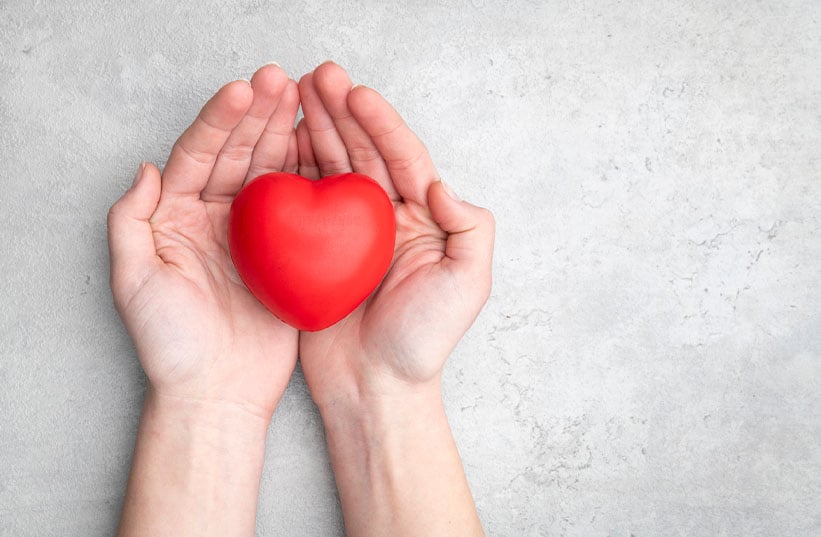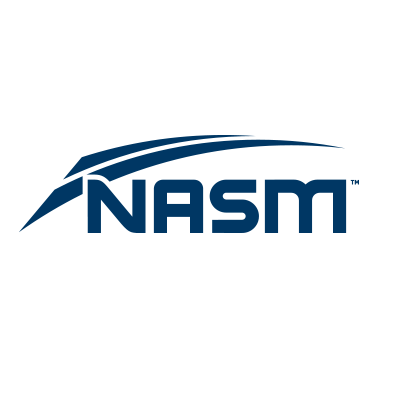Many of us love to drink the occasional glass or two of red wine. But is red wine healthy for our bodies? Many speculate red wine can help prevent heart disease and other chronic diseases; is this true? Let’s take a closer look at the science.
Red Wine Basics
Many nutrition experts believe red wine in moderation can promote good cholesterol, healthy blood pressure, and overall heart health. There is strong epidemiological evidence that alcohol consumed in moderation reduces the risk of cardiovascular disease (1).
In a large meta-analysis study (13 studies, over 200,000 patients) red wine intake reduced atherosclerotic (plaque build-up in the arteries) risk by 37% (2). Beer had a similar but smaller effect, suggesting red wine may have additional benefits beyond the alcohol content (2). It is important to note the evidence is not 100% conclusive as a few studies failed to show any difference between red wine and other alcoholic beverages (3,4). The optimal dose appears to be one drink per day (5 oz.) for women and two drinks per day for men (5,6).
So what is it about moderate alcohol consumption, and red wine specifically, that is healthful? So far researchers have narrowed the list to: reducing blood pressure, providing antioxidants, and a substance called resveratrol.
Reduced Blood Pressure
Red wine works as a vasodilator in the arteries, particularly in patients with hypertension (5). In other words, it opens (dilates) blood vessels to promote healthy blood flow. As a result, blood flows more easily so the heart does not have to work as hard to pump blood to the rest of the body. Research also shows red wine and dealcoholized red wine improves blood flow in the brachial artery in healthy subjects as well as decreasing blood pressure for cigarette smokers (5).
A study performed by Chiva-Blanch et al., determined that dealcoholized red wine decreases both systolic and diastolic blood pressure and increases plasma nitric oxide (7). This is good news for individuals who do not drink alcoholic beverages but wish to obtain some of the health benefits of red wine. Researchers speculate the polyphenols found in dealcoholized red wine play a part in blood vessel vasodilation (2).
See also for a relevant blog post on the DASH diet, which was specifically designed to lower blood presure.
Antioxidants and Polyphenols
Antioxidants are substances that may prevent or delay damage to cells. They are found in many foods, including berries (blueberries, cranberries, blackberries, strawberries), beans (pinto beans, dried red kidney beans, dried black beans), nuts (pecans, walnuts, hazelnuts), and apples (8). Antioxidant is actually a very a broad term referring to hundreds of substances, most notably vitamin C, vitamin E, beta-carotene, vitamin A, lycopene, selenium, lutein, and polyphenols (9,10).
Dark chocolate has antioxidants as well!
During the digestion process the body turns food into a useable form of energy. An inevitable byproduct during this process is the formation of free radicals. Free radicals are highly unstable molecules that come in all sorts of shapes and sizes. Free radicals cause “oxidative stress,” which can damage cells and may play a role in many diseases such as Alzheimer’s disease, diabetes, cancer, and cardiovascular disease (10). However, in some studies antioxidants have been shown to counteract free radicals, though the evidence is mixed (9,10). In many studies the ingestion of single antioxidants (such as vitamin C or beta-carotene) provides little protection against various chronic diseases such as heart disease and cancer (10,11).
However, the polyphenols found in red wine seem beneficial and may help against oxidative stress. According to Li et al., “When the effects of 3 alcoholic beverages, red wine, beer, and vodka, were compared in a recent study, only red wine provided protection against vascular oxidative stress” (5).
According to Yang et al., the polyphenols found in red wine (including nonflavonoids and flavonoids) have “antioxidant, anti-inflammatory and potential antiatherogenic effects” (12).
Cherries are high in polyphenols too!
Resveratrol
Resveratrol is a type of polyphenol found in certain plants and red wine that has antioxidant properties and may act as an anti-inflammatory. Resveratrol in wine comes specifically from the skin of the grape and may be able to prevent blood clots and inhibit the growth of cancer cells.
Research regarding resveratrol is limited. A majority of the research has been performed on animals or in vitro (individual tissue samples) with limited human trials. However, some of the preliminary research has been promising in demonstrating the cardiovascular benefits of resveratrol (1).
Take Home Message
Current evidence suggests a glass or two of red wine per day may help prevent heart disease, however, it is not 100% conclusive. Red wine consumed in moderation appears to help reduce high blood pressure in part because of the antioxidants (polyphenols) found naturally in the grape.
However, fitness professionals should not encourage individuals to drink wine, especially if the person doesn’t currently drink alcohol. Clients who currently consume alcohol should be reminded only to drink moderately, avoiding excessive alcohol consumption. With moderate consumption of red wine (1-2 small glasses per day), clients may experience some healthful effects such as reduced blood pressure and a lowered risk of atherosclerosis.
References:
- Ronksley PE, Brien SE, Turner BJ, Mukamal KJ, Ghali WA. Association of alcohol consumption with selected cardiovascular disease outcomes: a systematic review and meta-analysis. BMJ. 2011;342:d671.
- Di Castelnuovo A, Rotondo S, Iacoviello L, Donati MB, De Gaetano G. Meta-analysis of wine and beer consumption in relation to vascular risk. Circulation. 2002 Jun 18;105(24):2836-44.
- van de Wiel A, de Lange DW. Cardiovascular risk is more related to drinking pattern than to the type of alcoholic drinks. Neth J Med. 2008 Dec;66(11):467-73.
- Mukamal KJ, Conigrave KM, Mittleman MA, Camargo CA Jr, Stampfer MJ, Willett WC, Rimm EB. Roles of drinking pattern and type of alcohol consumed in coronary heart disease in men. N Engl J Med. 2003 Jan 9;348(2):109-18.
- Li H, Förstermann U. Red wine and cardiovascular health. Circ Res. 2012 Sep 28;111(8):959-61. Epub 2012 Sep 6.
- DiCastelnuovo A, Castanzo S, Bagnardi V, Donati MB, Iacoviello L, de Gaetano G. Alcohol dosing and total mortality in men and women. Arch Intern Med 2006;166:2437–2445.
- Chiva-Blanch G, Urpi-Sarda M, Ros E, Arranz S, Valderas-Martínez P, Casas R, Sacanella E, Llorach R, Lamuela-Raventos RM, Andres- Lacueva C, Estruch R. Dealcoholized red wine decreases systolic and diastolic blood pressure and increases plasma nitric oxide. Circ Res.2012;111:1065–1068.
- WebMD. 20 Common Foods with the Most Antioxidants. http://www.webmd.com/food-recipes/20-common-foods-most-antioxidants. Accessed January 29, 2014.
- National Center for Complementary and Alternative Medicine (NCCAM). Antioxidant and Health: An Introduction. http://nccam.nih.gov/health/antioxidants/introduction.htm. Accessed January 29, 2014.
- Harvard School of Public Health. Antioxidants: Beyond the Hype. http://www.hsph.harvard.edu/nutritionsource/antioxidants/. Accessed January 29, 2014.
- Hennekens CH, Buring JE, Manson JE, et al. Lack of effect of long-term supplementation with beta-carotene on the incidence of malignant neoplasms and cardiovascular disease. N Engl J Med. 1996; 334:1145–49.
- Yang Y, Chan SW, Hu M, Walden R, Tomlinson B. Effects of some common food constituents on cardiovascular disease. ISRN Cardiol. 2011;2011:397136.
- Penumathsa SV, Maulik N. Resveratrol: a promising agent in promoting cardioprotection against coronary heart disease. Can J Physiol Pharmacol. 2009 Apr;87(4):275-86.
By Brian Sutton MS, MA, NASM-CPT, CES, PES

















